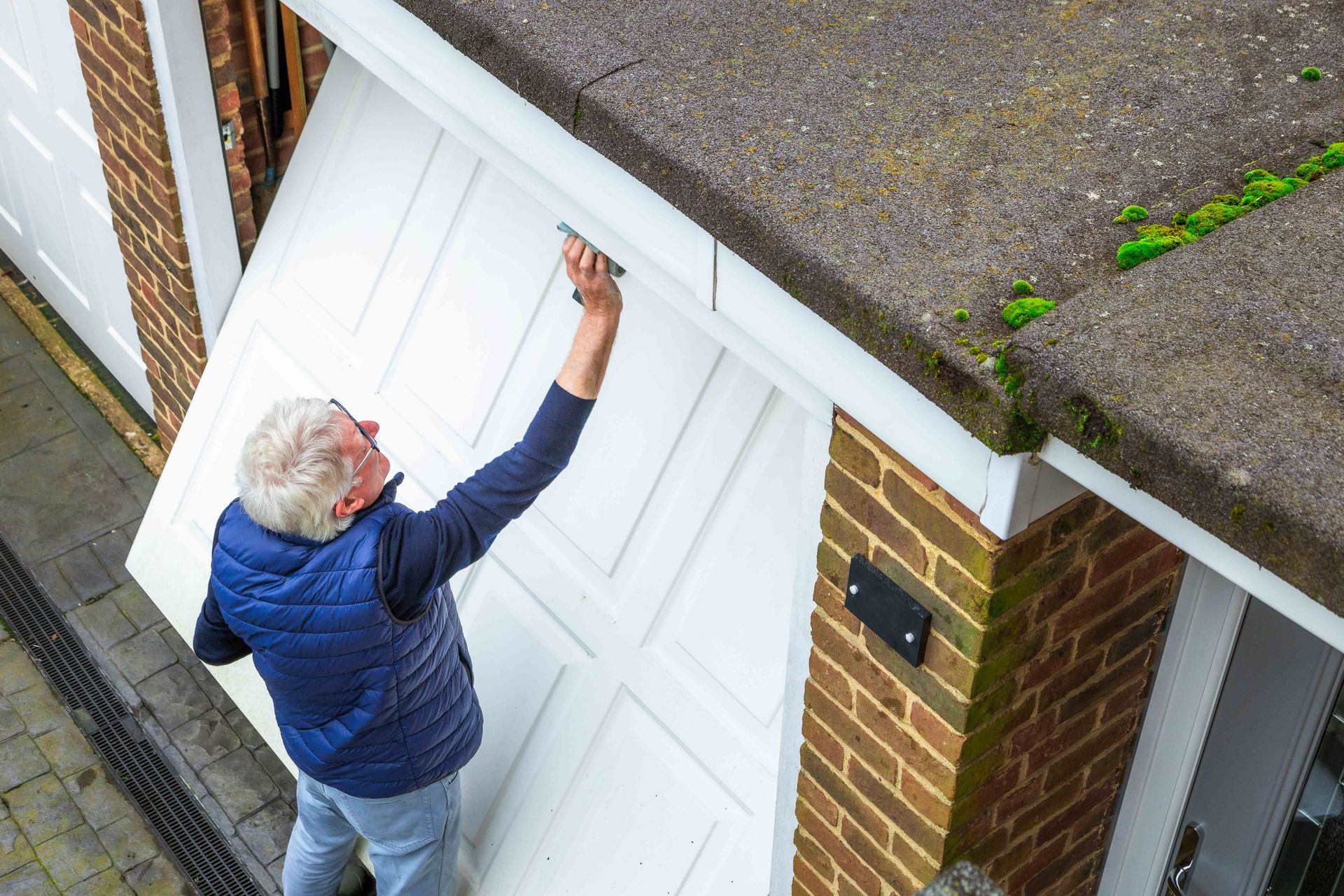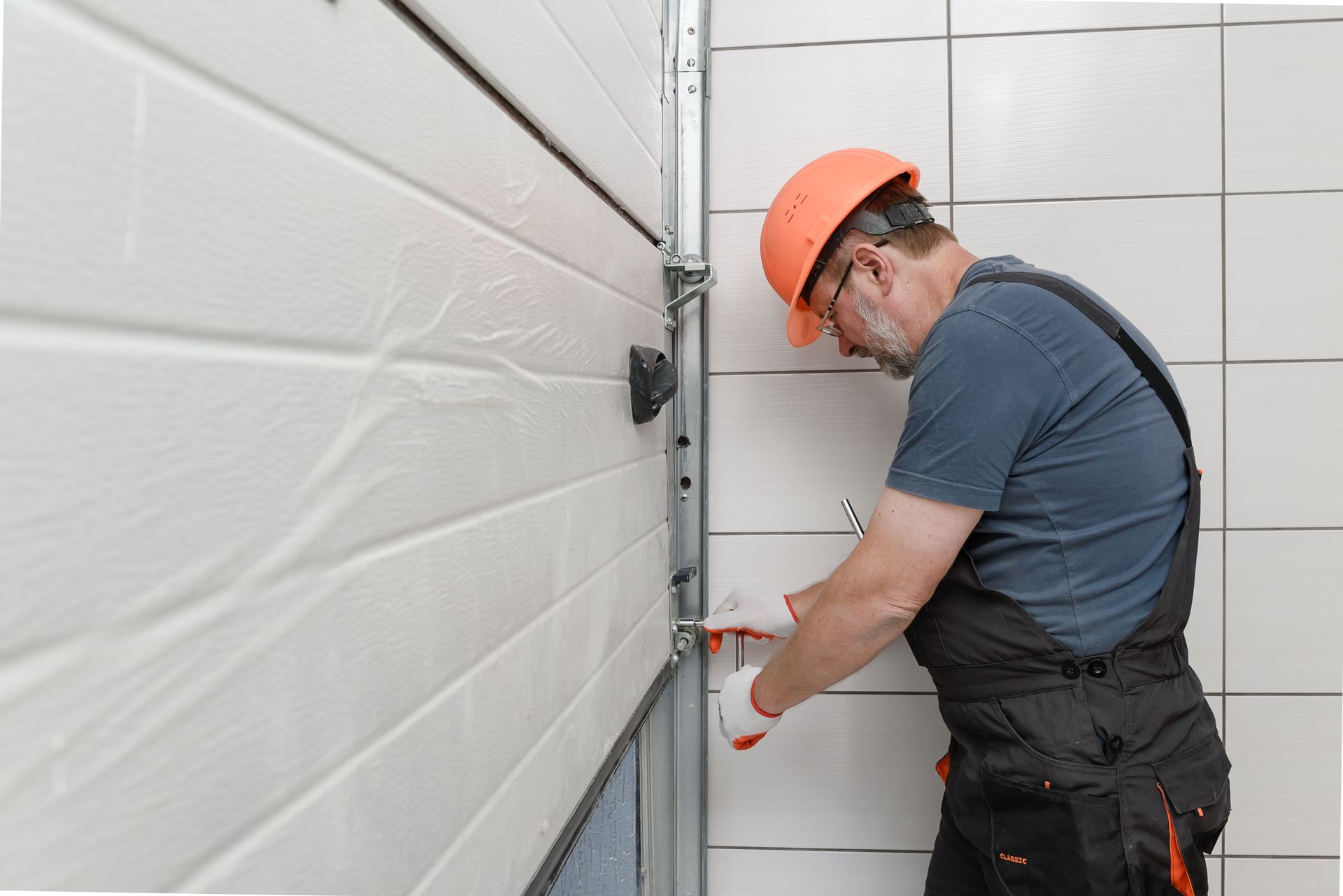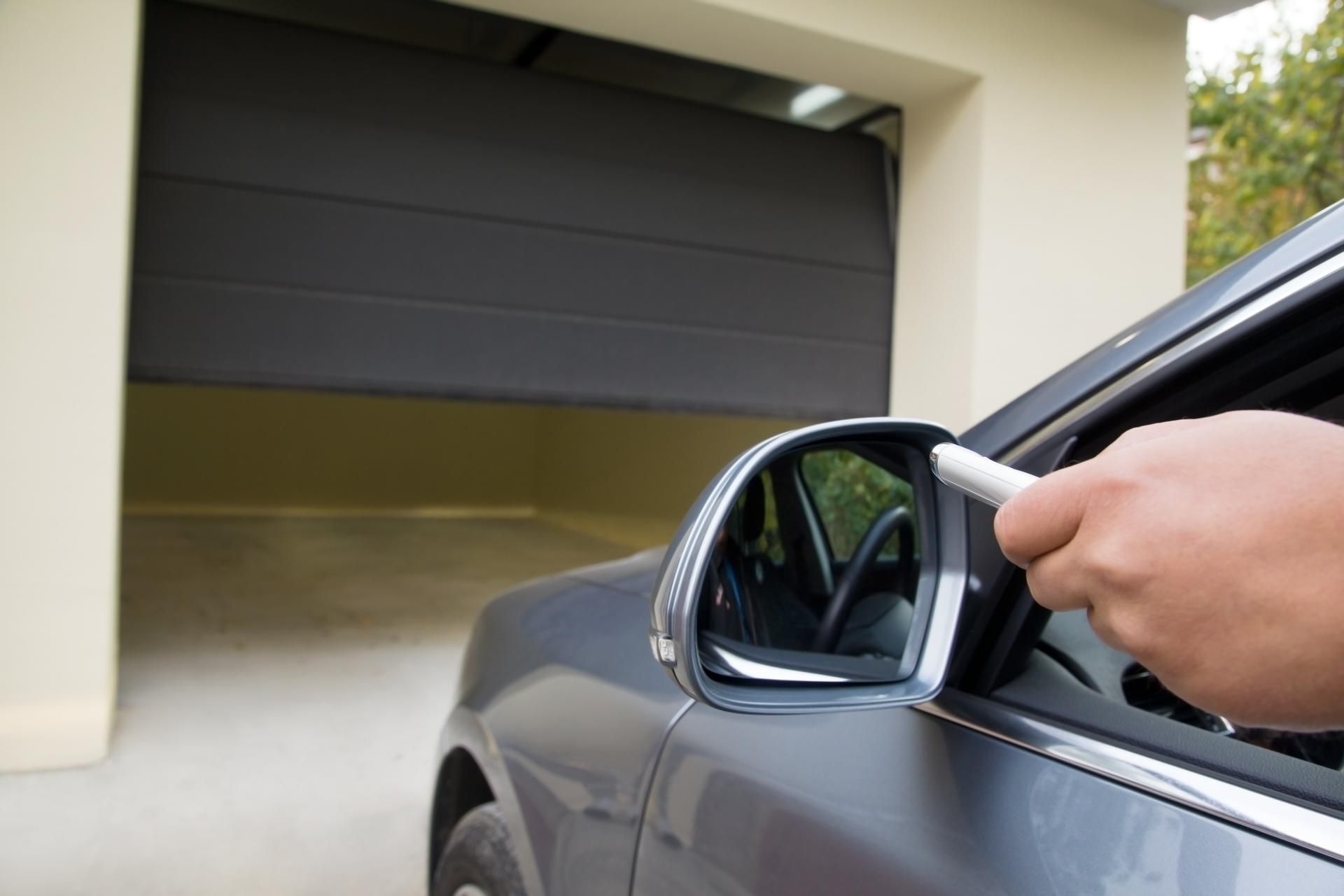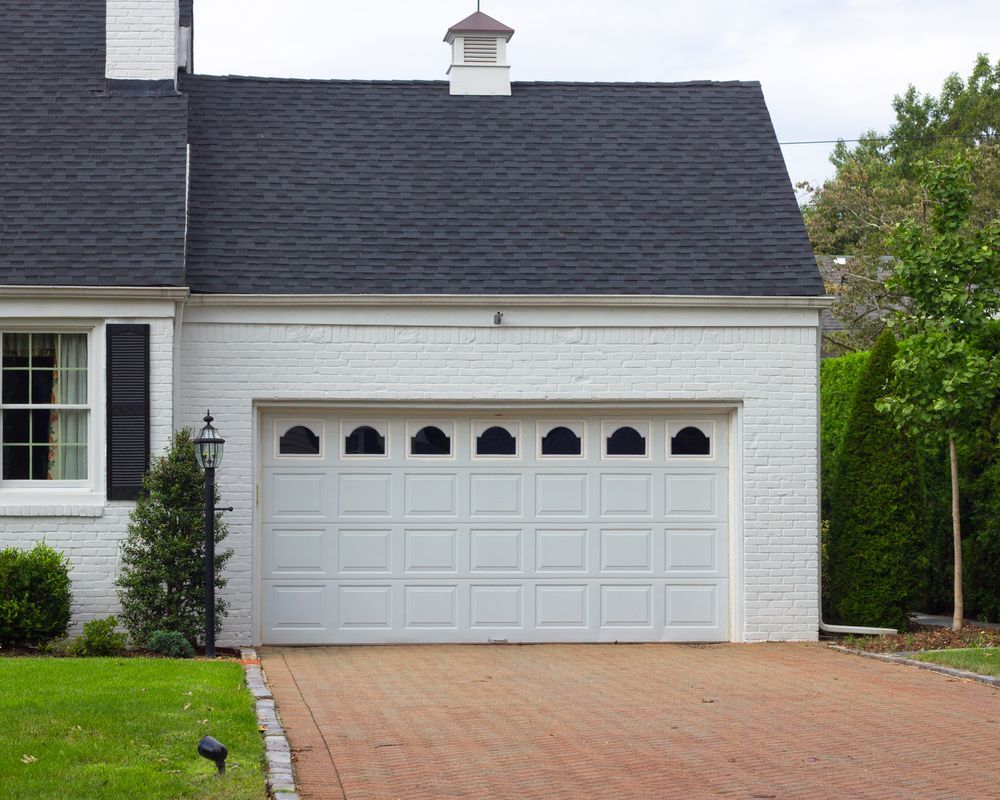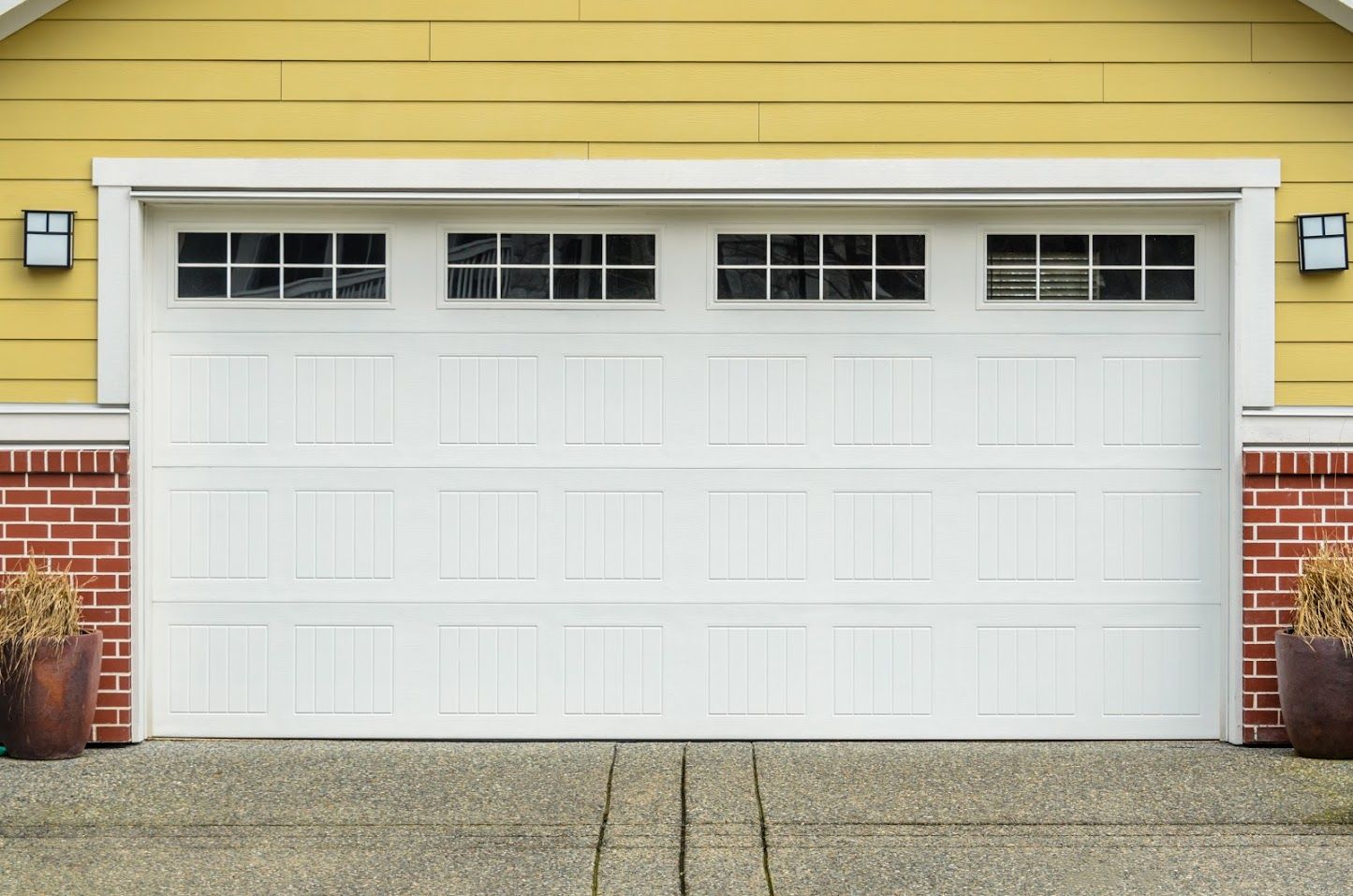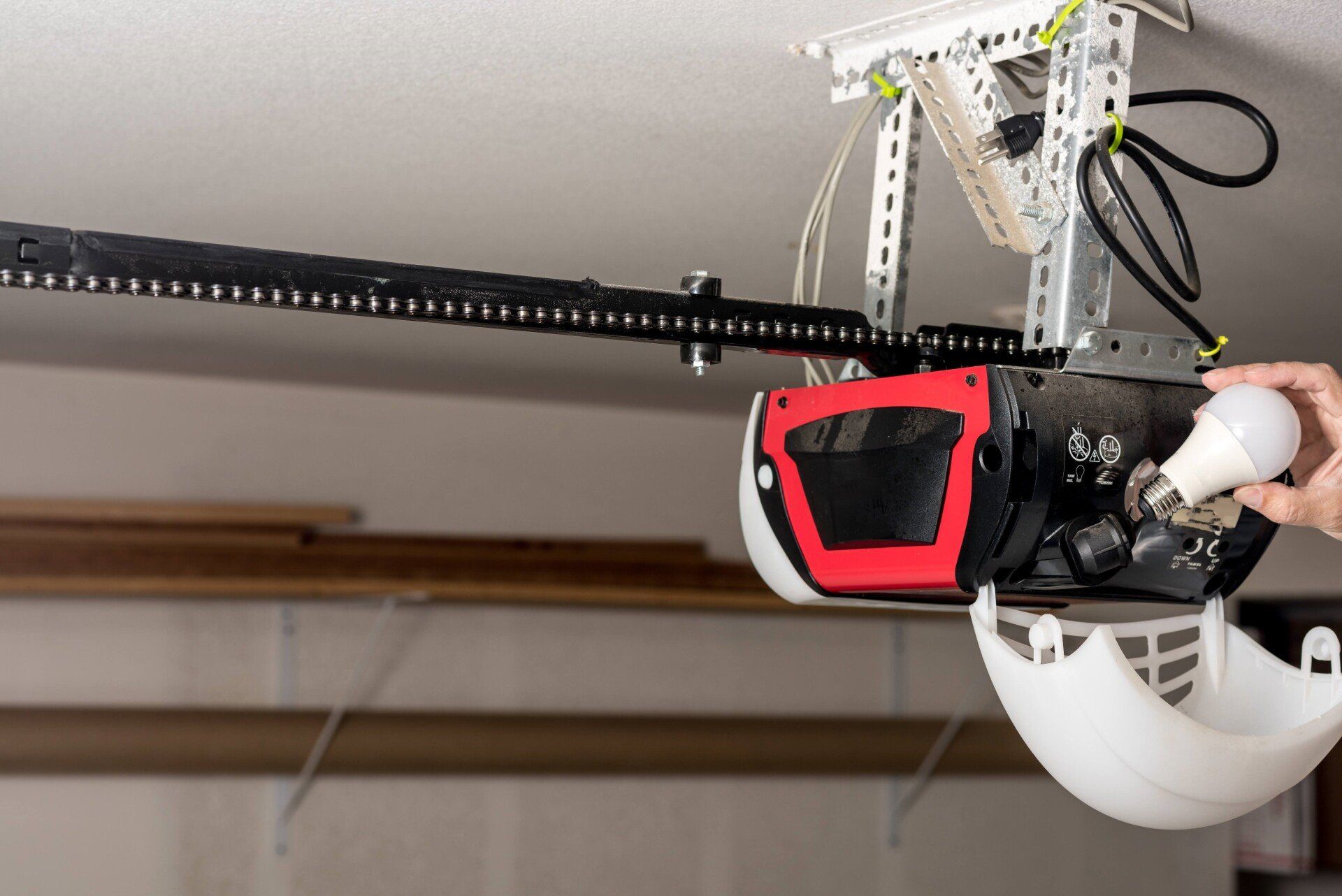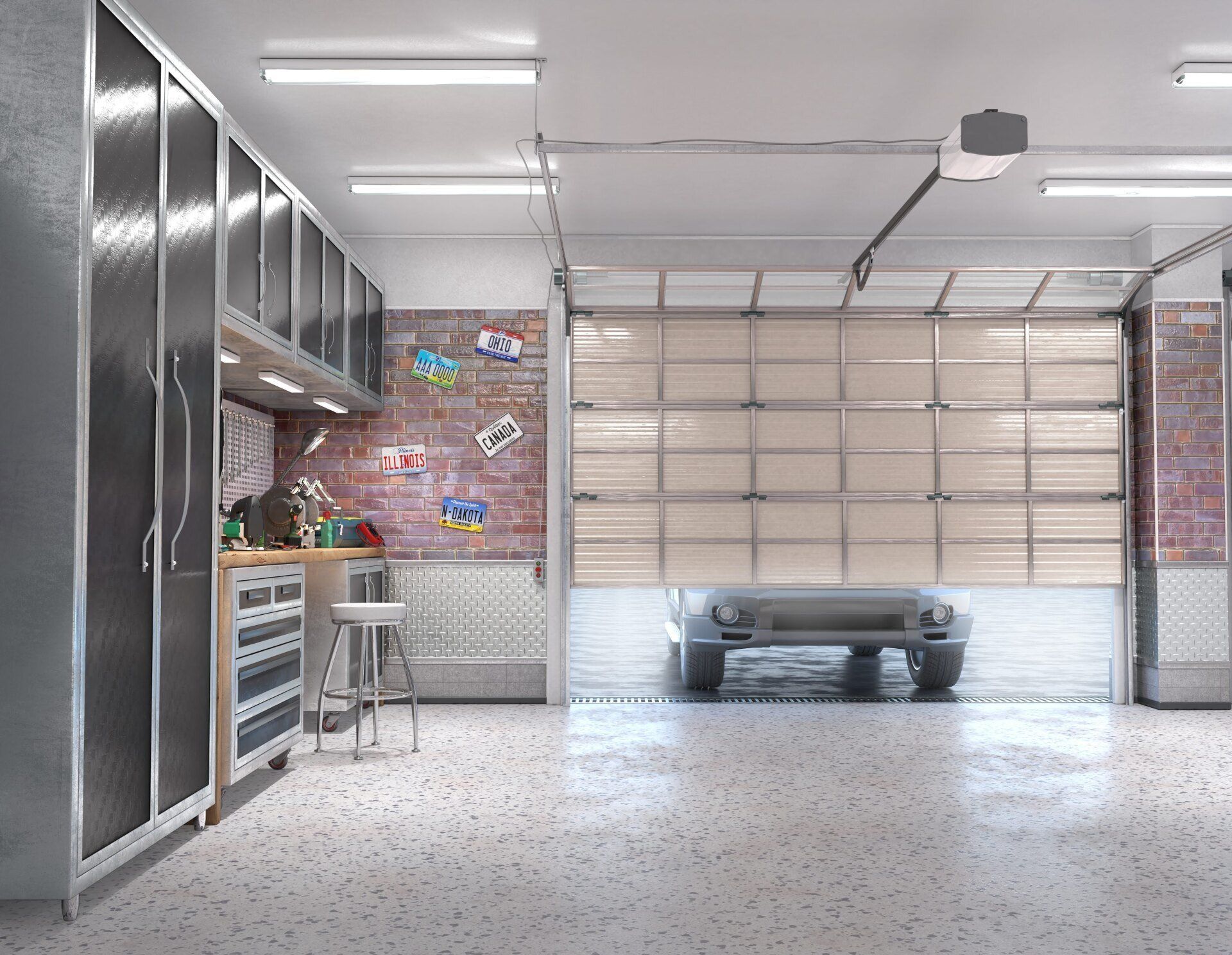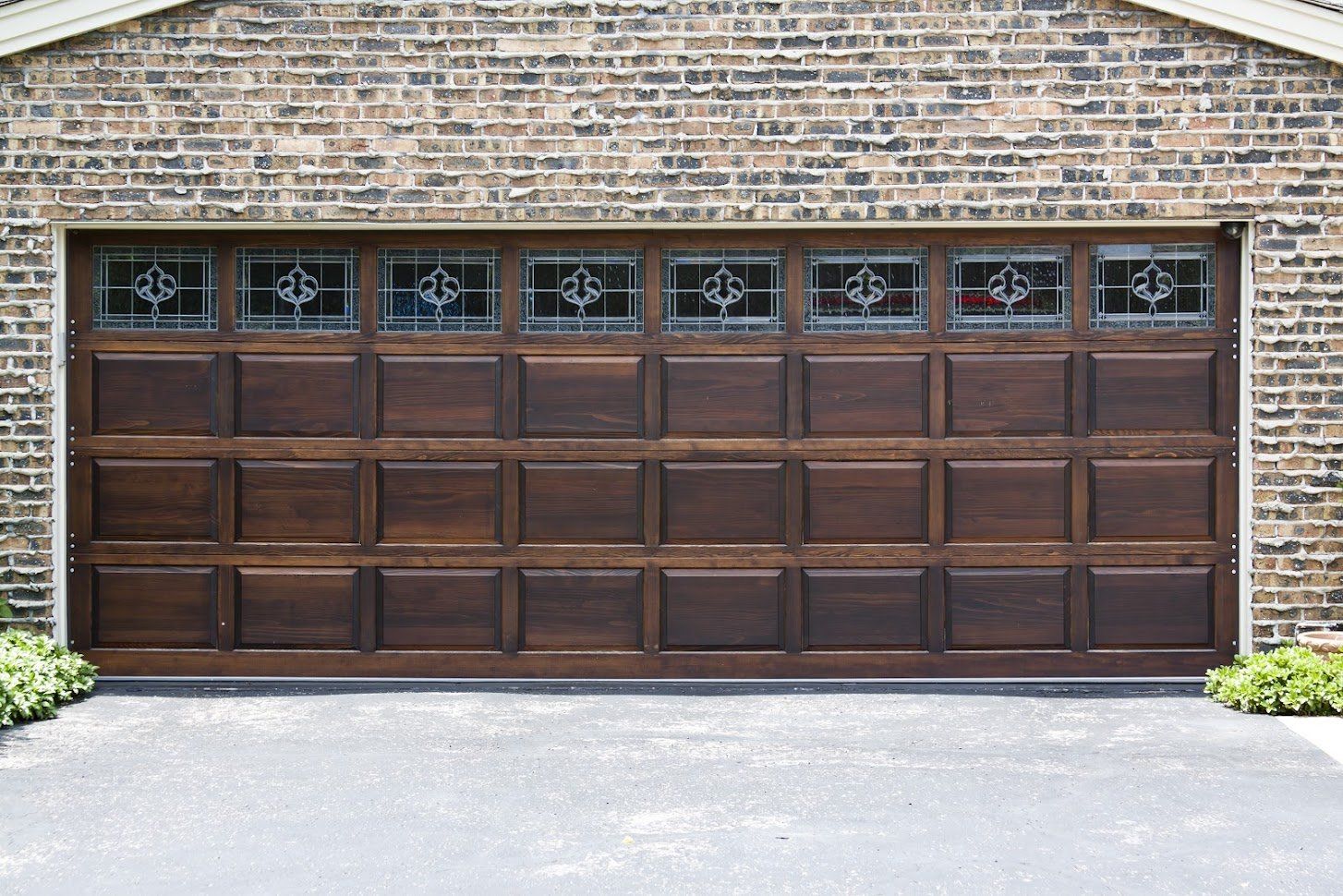A Guide to Choosing the Best Garage Door Material

Over the last several years, technological advancements have improved the durability and appeal of garage doors. But choosing a garage door remains a complex process because garage doors come in various types of materials. Each garage material offers unique benefits, but you must select a material ideal for your specific needs.
Here are some of the popular residential garage door material options.
Steel Garage Doors
Steel is a popular material for garage doors because of its value, durability, and flexibility. The flexibility allows homeowners to paint or apply a finish that mimics other materials, such as wood. Steel doors consist of two layers and can contain insulation capabilities. These doors are also economical and don't require much maintenance.
Here are other benefits of steel garage doors.
- Affordable, but the cost varies depending on the thickness of the material
- Available in several colors
- Can withstand various weather conditions and are suitable for most climates
Despite these advantages, steel garage doors can corrode easily, especially in coastal areas.
Wood Garage Doors
Wood has been the primary garage door choice for many years because of the material's natural beauty and warmth. Common types of timber include meranti, fir, redwood, and cedar. Wood provides an eco-friendly option and is available in a wide range of customization options, wood types, and designs. But you may have to do regular sealing, staining, and painting to keep the wood in peak condition.
Here are other benefits of food garage doors:
- It provides excellent insulation, especially if you plan to use the garage as a living area.
- It is compatible with most architectural layouts and offers a timeless appearance.
The high upfront cost is one of the major disadvantages of wood garage doors.
Aluminum
Aluminum garage doors contain aluminum frames that encompass sleek glass panels. You can choose from various types of coatings and colors to create a contemporary look.
The aluminum garage doors do not rust but can dent easily. Harsh summers can also shorten the aluminum door's lifespan. Use protective coatings to boost the aluminum door's resistance against extreme heat. Insulation materials can also help increase the thermal protection of aluminum garage doors.
The choice of glass type in aluminum is also essential. Most homeowners select a glass type that offers privacy but allows them to show off their luxurious vehicles.
Fiberglass
Natural wood looks attractive but requires regular maintenance. You can get the same look from fiberglass while avoiding maintenance requirements. And unlike wood, fiberglass garage doors won't crack, warp, or shrink. As such, fiberglass is an ideal garage door for homes in humid climates.
To make the fiberglass, manufacturers usually attach two layers of fiberglass to a steel frame. The steel frame makes the fiberglass stronger. Some manufacturers may also add polyurethane insulation to increase energy efficiency. Another option is to add a clear protectant once every few years to increase the appeal of the garage door.
Vinyl
Vinyl garage doors also contain steel frames and polyurethane insulation. The doors closely resemble fiberglass garage doors and are a great selection for a rust-free overhead door. Vinyl garage doors are hard to break or dent. The doors are also durable and need little maintenance, such as occasional hosing.
Vinyl garage doors are not ideal for garages located in hot climates. If you want to install garage doors in a hot climate, you have to install additional insulation to protect the valuables inside the garage. Another disadvantage of vinyl is that the doors are available in fewer colors than other materials.
Once you install the garage door, you have to plan for regular maintenance. If you need garage door repair, installation or replacement, Overhead Doors Unlimited LLC is ready to help. Contact us today for quality garage door services.



